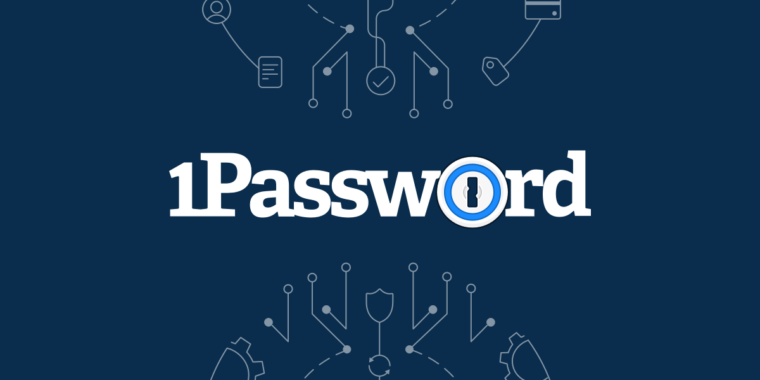Wallace_n_Gromit
Senior Member
Addendum 10/22/2023: Looks like it wasn't even Okta that discovered the breach. One of their customers found the breach which had been leveraged to attempt a breach of their own information system. Cloudflare reported to Okta that Okta.s system had been compromised. Cloudflare also offered some recommendations for Okta to harden their system(s).
https://blog.cloudflare.com/how-cloudflare-mitigated-yet-another-okta-compromise/
Last edited:






